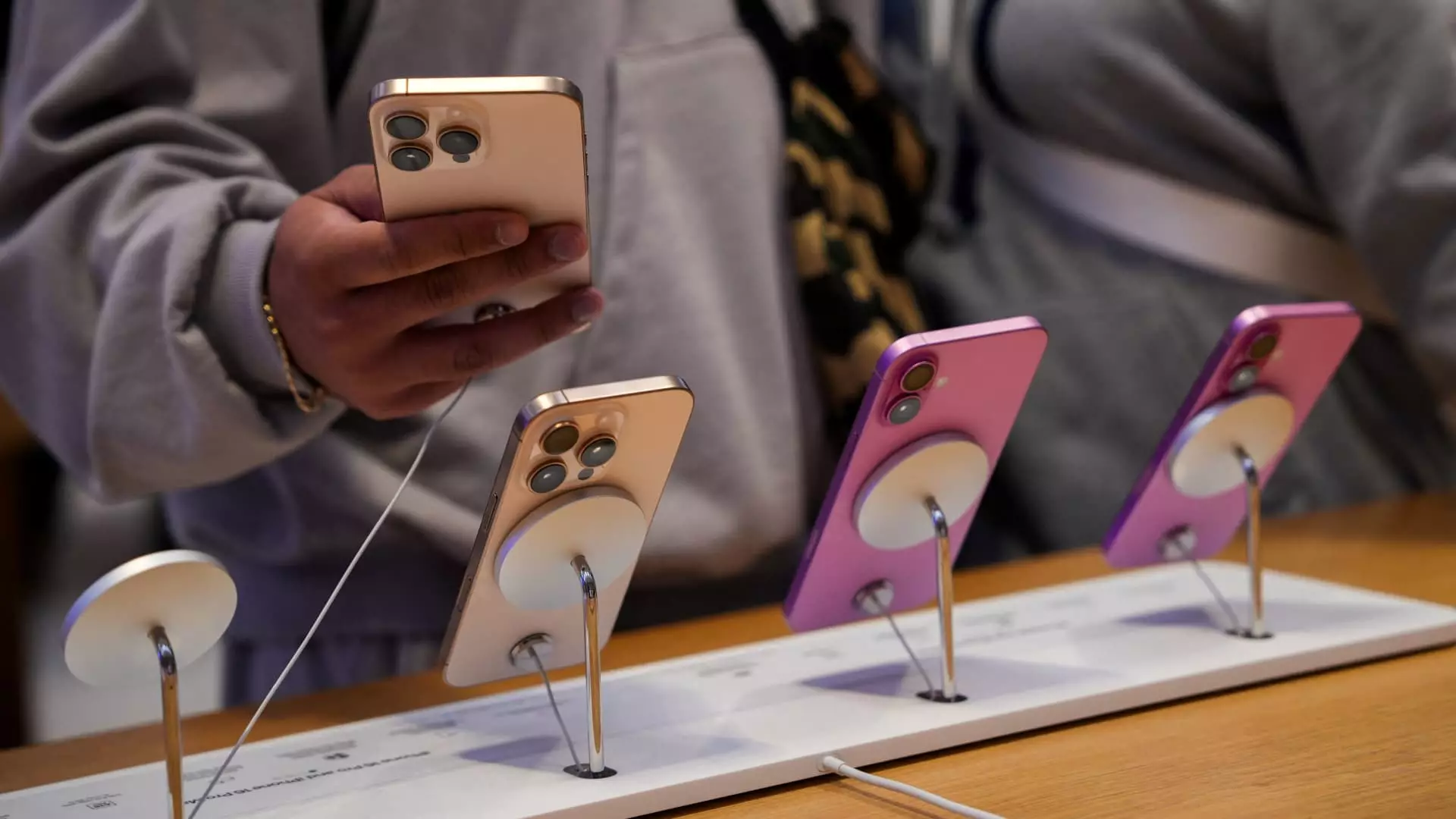Analysts express mixed sentiments about an upcoming folding iPhone anticipated for next year, with claims made by the reputable Ming-Chi Kuo heralding a significant shift in Apple’s design philosophy. Apple’s move toward a foldable design has the tech world buzzing, but is this leap into the unknown a wise decision or a misguided venture? Kuo’s insights suggest Apple aims for a device featuring an innovative display manufactured by Samsung Display, set to produce millions of foldable panels. But one must ponder: is Apple merely chasing trends or genuinely innovating?
Premium Pricing in a Shifting Market
Kuo has indicated that the new folding iPhone will come with a “premium pricing” strategy. This raises critical questions about market access. Given the broad economic pressures impacting consumers, such a pricing strategy risks alienating a significant segment of Apple’s customer base. With the iPhone already accounting for over half of Apple’s staggering $201 billion sales, the company faces the proverbial double-edged sword: maintain status and revenue while attracting new customers with cutting-edge solutions. Can they justify high pricing in a climate where affordability is more critical than ever?
Experience vs. Novelty: A Market Saturation Dilemma
Contrasting Apple’s ambitions with the realities of existing folding smartphone models reveals the cracks in this strategy. Competitors like Huawei and Samsung have dabbled in foldable technology since 2019, with mixed reviews regarding performance and consumer satisfaction. Though the idea of a phone that unfolds into a mini tablet is alluring, numerous issues like screen creases and overall durability persist. Does Apple really have a robust solution to these enduring problems, or is it following the crowd into an untested market?
Consumer Demand and the Folding Phone Market
When examining statistics from market research firms, the enthusiasm around folding phones dissipates. A mere 1.5% of smartphones sold have foldable features, with growth stagnating at a meager 3% and forecasts predicting a market contraction in 2025. These figures provoke concern regarding long-term consumer interest in folding technology. For Apple, a company that has historically excelled at revolutionizing user experience, this begs a critical question: Does the allure of novelty outweigh the tangible, day-to-day usability that consumers have come to expect from their devices?
The Future of the iPhone: Navigating Innovation and Tradition
Apple’s trajectory has always been one of balancing innovation and user expectations. This impending foldable phone may represent an ambitious step in creative design, yet the risks posed by a rapidly changing market landscape and technological uncertainties cannot be ignored. As consumers grow increasingly discerning, will Apple’s latest endeavor succeed, or will it be another case of the emperor’s new clothes? In a time when markets are fickle and progress demands accountability, the forthcoming foldable iPhone might reveal more about the challenges than triumphs of modern technology.

